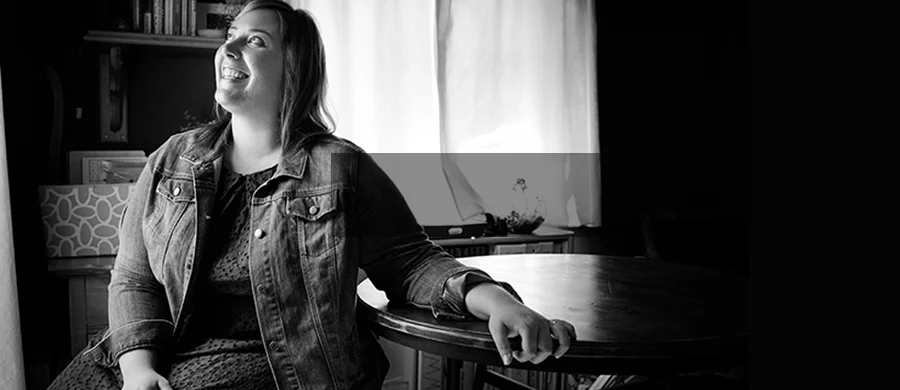I woke up at 4 am again today, this time thinking about stress.
I haven’t been sleeping well. Stress is part of it.
Yesterday Dr. Michael Hart, a man who I both respect and admire, interviewed me and I don’t think I mentioned stress even once. I’m not sure though. I was nervous (if we’re being honest) and so my memory of what I said (and did not say) is fragmented, broken into various random sound bites and images.
I know I spelled at least two things wrong.
So in case I did not mention it yesterday, English is a stress-timed language. It is not a syllable-timed language like French, and thus it is not helpful to assume that the best way to teach reading or spelling is to try to isolate an individual’s spoken syllables and connect them with written syllables when considering a given lexical item. For example: boil, loyal, chocolate. I promise that is not a spell.
Do you want to know something really rad?
In Old English the noun spell had a form identical to the one we see today. Its sense was different, though, and at that time spell meant, “story, saying, tale, history, narrative, discourse, fable, command.” From 1200 onward spell gained an additional sense of “utterance, statement, remark.” Spell meaning, “set of words with supposed magical or occult powers, incantation” is first recorded in the 1570s.
Obviously this information comes from the priceless contributions to the field of truth and beauty by https://www.etymonline.com.
Go there and gain knowledge about your language, all ye who wanna help.
In the 14th century spell is realized in the written record as a verb. This spell began in French and, because both language and life are messy, “merged with or displaced” (side note nothing in material life is eternal either) the word in Old English that meant the same thing. The meaning of both the French and Old English form of spell the verb was, “read letter by letter; write or say the letters of.” You know. Like what we try to teach kids.
The best part of this whole story I have not even said yet. Are you ready? As my teacher says, do you have a strong beverage of your preference nearby?
Both <spell> (the noun) and <spell> (the verb) have the same Proto-Germanic root: *spellam, which had the sense of “say aloud, recite.”
These words were born together, spell and spell. How do you cast a spell? You say some important things out loud, with a high degree of accuracy and meaningful intention.
Everything makes sense. You just have to know how the system works. If you are casting a spell you need a book of spells and a teacher. If you are teaching spelling you need to understand the structure of how English spelling really works, which also means you need some books and a teacher.
I kinda know how the system works. I have carved out enough of an understanding that I at least have a place to stand. The thing is, the system is actually a river, and learning does not go in a straight line. We are never done. Language is not static.
Yesterday, during the Very Important Interview in Which My Expectation For Myself Was Perfection, I forgot to mark the position of stress when I analyzed and then resolved the word <inspire> using the lexical algorithm. My spell might not work, but I wholeheartedly believe in a magic that is living and breathing, ultimately forgiving and open to do-overs.
So here we go:
<inspire>
in + 'spire --> inspire
You cannot be perfect all the time. But you can aspire.
Also I promise you that English spelling making perfect sense is not a conspiracy. Cross my heart and hope to die. In fact, if you dig a little deeper and spend time with our orthography as it really is, you might just end up a lot less…stressed.
